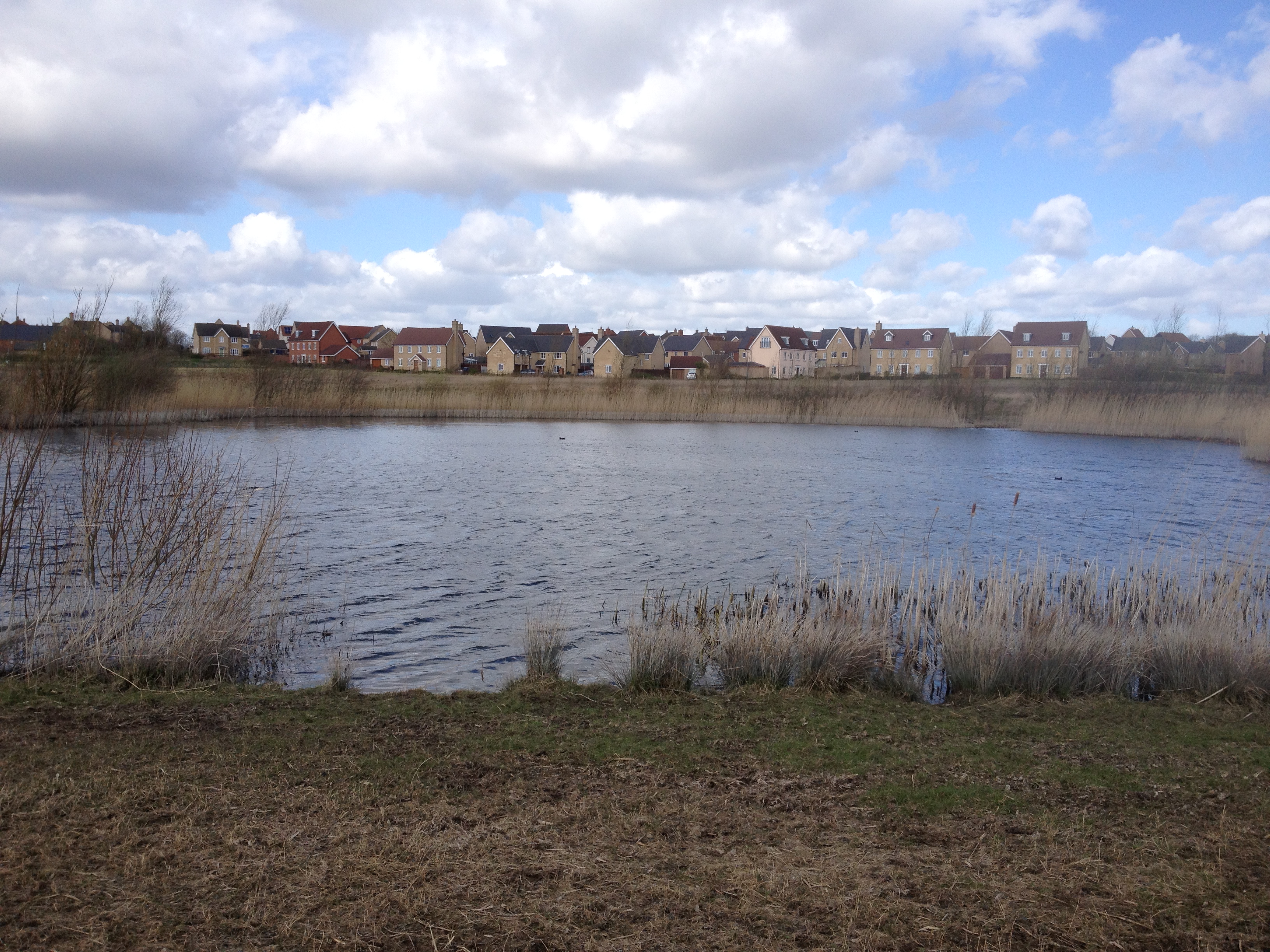
January 6, 2016, by Charlotte Anscombe
Keeping our heads above water – Nottingham experts tackle flood risk head on
Leading experts in flood management from The University of Nottingham are playing a major role in how research can be used to make UK cities more resilient to flooding.
Over the next week, scientists from the University will present their research findings at a series of events looking at how cities across the UK can be better prepared for flooding by implementing the recommendations of the Blue-Green Cities Research Project.
Blue-Green Cities
The Blue-Green Cities Research Project was set up in February 2013 and is funded by the Engineering and Physical Sciences Research Council (EPSRC).
The interdisciplinary project is led by Professor Colin Thorne from the University’s School of Geography. It combines the skills of academics from 9 UK Universities plus partners in the USA and China specialising in flood inundation modelling, computation fluid dynamics, sediment debris processes, river restoration and habitats, urban drainage infrastructure, environmental economics, uncertainty, flood risk management and stakeholder engagement.
Blue-Green Cities is one of the three research consortia funded at the April 2012 EPSRC ‘Sand Pit’ and forms part of the EPSRC Flood Risk Management (FRM) Network.
What is a Blue-Green City?
A Blue-Green City aims to recreate a naturally-oriented water cycle while contributing to the amenity of the city by bringing water management and green infrastructure together.
This is achieved by combining and protecting the hydrological and ecological values of the urban landscape while providing resilient and adaptive measures to deal with flood events.
How are we helping?
On Thursday 7 January, the Newcastle Learning and Action Alliance (which was set up by Blue-Green Cities and includes members from Newcastle City Council, Northumbrian Water, the Environment Agency, major landowners and local interest groups), will meet to continue planning the first steps necessary to making Newcastle more resilient to flooding based on the research outcomes of the Blue-Green Cities research consortium.
Professor Thorne said: “This is a ‘science into policy into action’. Newcastle is a role model for other UK cities in terms of its vision and the speed with which it is acting in response to the ‘Toon Monsoon’ of 2012 and the general increase in urban flood risk.”
Dr Emily O’Donnell, lead researcher with Blue-Green Cities, coordinates the Learning and Action Alliance and explained: “These alliances provide a platform to facilitate open knowledge-sharing and discussions and have encouraged the development of a Blue-Green vision for Newcastle, which has been support by research conducted by the project team. The next steps are to identify opportunities to implement the vision”.
On Monday 11 January the Nottingham team will meet with representatives of Newcastle Council and Northumbrian Water PLC (plus researchers from Newcastle University and other local interest groups), to finalise arrangements for the main Blue-Green Cities research dissemination event, to be held in Newcastle on February 18.
Professor Thorne says: “These events don’t just centre on flood research, but also the need to link UK Research Council funded research to flood risk management practice in real time.”
On Wednesday next week (January 13), the University will also host the final meeting of the Strategic Advisory Board (SAB) of the Blue-Green Cities research project. The SAB includes reps from the Environment Agency, local Government and professional consultants all of whom are well placed to appraise flood risk management problems and the utility/applicability of current academic research to helping solve them.
At this meeting the entire research consortium team will be assembled to make presentations summarising the new research and how it can be used to make UK cities more resilient to flooding while at the same time generating a range of wider benefits to society and the environment .
Reducing the threat
Professor Thorne adds: “In a civilised society and in an advanced nation like Britain, flood misery on the current scale shouldn’t be happening and our research will go some way to prevent flooding like that we have seen in the last couple of years.”
Learn more about Blue-Green Cities research on the project website (http://www.bluegreencities.ac.uk/bluegreencities/index.aspx) and blog (https://blogs.nottingham.ac.uk/blue-greencities/).

Well said professor Thorne! The government does not seem to care at all and we have been terribly unprepared. My family in Carlisle have been through so much struggles over the last several weeks and the rain is still coming down…
Thank you very much for presenting good news to read, I wait for the latest news. Obat Tidak Bisa Tidur
Thank you very much for your article already present, have a nice day. Glad to be able to visit your web site! Happy weekend. Suplemen Kecantikan Herbal
Very true. The government seem to have all their priorities wrong these days. They are spending less and less on supporting basic infrastructure. The NHS is at breaking point, flood defenses are at breaking point. They talked the talk after the 2007 floods, but what became of those promises?